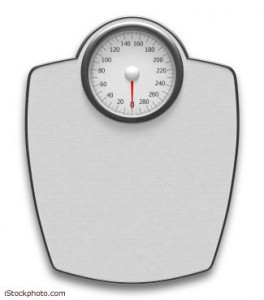The study, funded by National Institutes of Health, was conducted among 1,690 overweight and obese women and men between 40 and 60 years old.
“Daily well-being” motivates women to exercise, while “weight loss” and “health” are more motivational for men. Researchers investigated whether reading a one-page advertisement featuring one of those three reasons would influence intrinsic motivation for exercising, and whether men and women respond differently.
“Exercise is frequently prescribed as a way to lose weight,” said Michelle Segar, associate director for the Sport, Health, and Activity Research and Policy (SHARP) Center for Women and Girls and research investigator at the Institute for Research on Women and Gender.
“But promoting activity primarily for weight loss may backfire among overweight women. Our findings suggest that featuring weight loss as the reason to exercise not only decreases intrinsic motivation, it also worsens body image. This is not true for men.”
To optimally motivate both men and women to be physically active, public health marketing and messages may need to target gender, she said.
“For men, promoting exercise for weight loss or better health may be effective. But for women, messages might be more motivating if they highlighted the connection between exercise and well-being. We should consider rebranding exercise for women,” Segar said.
This exercise marketing study extends research on participation showing that intrinsic motivation for exercising – finding pleasure in exercise – helps people stick with it.
The study also builds upon previous research suggesting that overweight women who exercise for immediately experienced benefits, such as well being, participate more than those who exercise for weight loss or health benefits.

